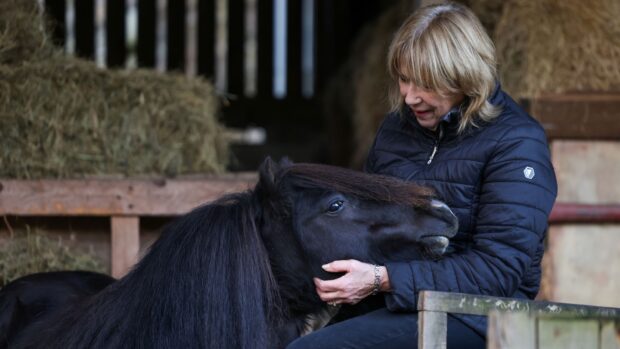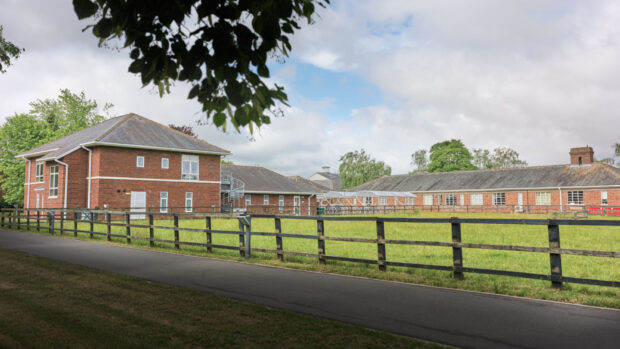Being a vet is a vocation rather than a job. The welfare of animals entrusted to you must be your first consideration. It canbe physically demanding and there is a certain skill in dealing with both animals and their owners.
Anyone seriously interested in becoming a vet should gain some work experience to see if they can cope. Animals do not become ill between 9am-5pm, so vets and vet nurses find themselves “on call”, if not actually working, at all hours of the day and night.
Getting started
To practice as a vet, you need to have a veterinary degree. There are only six universities in the UK that have vet schools: Bristol, Cambridge, Edinburgh, Glasgow, Liverpool and London.
Training takes five years, except for Cambridge where the course takes six years. Competition to get on the courses is fierce – for every place at vet school there are more than four candidates with the right qualifications.
You need good GCSE passes, including English language, plus at least three A’ levels in science subjects, including chemistry. Your grades must be a minimum oftwo A’s and a B.
Candidates need to show genuine interest and commitment by having gained experience of working in veterinary practices, as well as with animals, eg on farms.
Once qualified, a vet is trained to deal with all animals. If you wish to specialise in horses, you will have to look for a suitable job where you can follow this interest. Once achieved and you have obtained sufficient practical experience, it is possible to take further examinations to specialise in equine vet medicine or surgery.
One final thing to consider is that vets do not earn vast salaries, although most manage a reasonable living. Vet students have to work long hours and have little time to earn money during their training. As aresult, many leave university in debt.
For further details, write to the Royal College of Veterinary Surgeons, Belgravia House, 62-64 Horseferry Road, London SW1P 2AF enclosing a large SAE. Alternatively visit www.rcvs.org.uk



